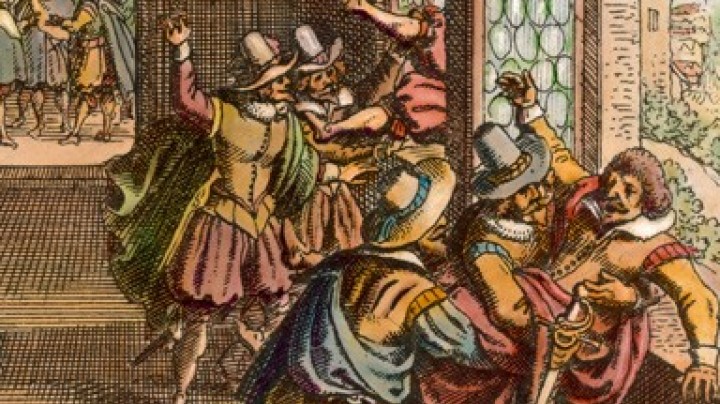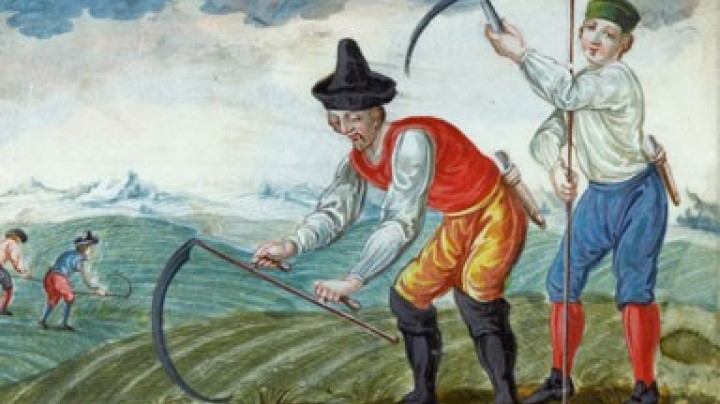The Court as ‘liberator’ – Of Court craftsmen and craftsmen ‘exempted by the Court’
Craftsmen ‘exempted by the Court’ did not have to pay tolls and also had the customs duties they had to pay reduced. This gave them a competitive advantage over the craftsmen who belonged to the guilds.
Craftsmen ‘exempted by the Court’ (hofbefreit) worked directly for the Court and enjoyed a number of privileges compared with their fellow craftsmen who were organized in guilds. They were exempt from the mandatory membership of a guild which applied to all craftsmen working in towns and were allowed to run workshops and shops in the towns where the Court resided. These privileges were granted to an individual craftsman for life and could not be passed on to an heir. All this, together with the fact that these craftsmen were also allowed to train apprentices and take on journeymen, meant that they came to represent competition for those in the guilds. In return for these privileges the craftsmen ‘exempted by the Court’ had to be mobile and to keep the prices they charged the Court for their services and products as low as possible. Moreover, they could not – at least in theory – have such a licence and the status of a burgher at the same time. In general it did not matter which religion or nationality they belonged to, as is shown by the provenance of such craftsmen: those working for the Court in this way included chimney sweeps from the north of Italy and stuccoists from Switzerland, as well as French goldsmiths, Hungarian button-makers and Armenian coffee-roasters. Maximilian II issued a set of rules specifically intended to counter the sharp rise in the number of craftsmen ‘exempted by the Court’. These craftsmen were the forerunners of the ‘suppliers to the Imperial-Royal Court’ (k.k. Hoflieferanten).
Those Court craftsmen who had the status of employees of the Court (Hofhandwerker) did not have to belong to a guild either. When they were appointed it was their religious confession that was the most important consideration. Another difference from the craftsmen ‘exempted by the Court’ was that the Court craftsmen received fixed wages. However, in times when the Court was short of money they had to wait up to ten years to be paid. The consequence was that the Court craftsmen often took on work for other customers, even though they were obliged by their contracts to work exclusively for the Court.















